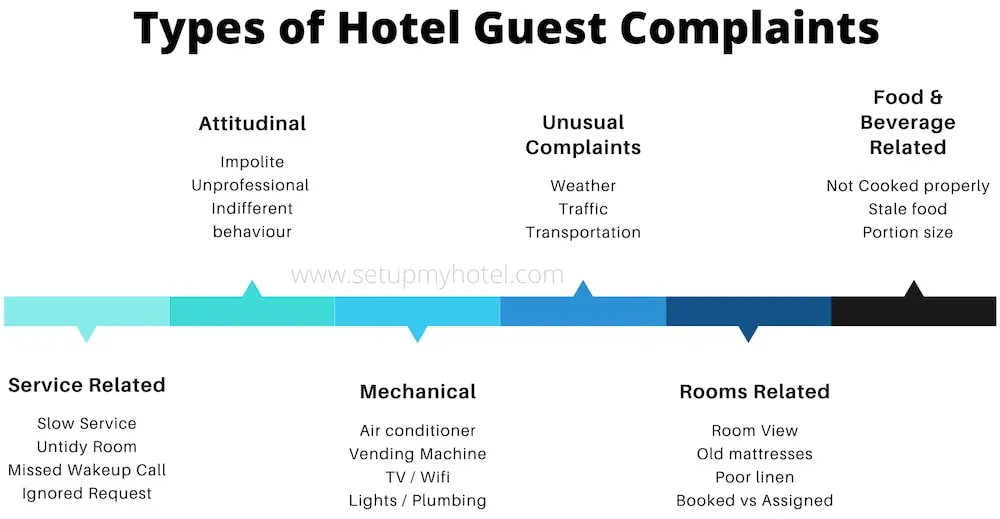Types Of Common Guest Complaints In Hotels

Types of Common Guest Complaints in Hotels 1. Service-Related Complaints Are usually associated with the hotel service. The guest may ...
Read more
How To Reduce Skipping (Non Paying) Guest In Restaurants?

How to Reduce Skipping (non-paying) guests in Restaurants? Reducing the number of non-paying guests, commonly referred to as “skipping” or ...
Read more
Daily Tasks List / Shift Checklist – Club Floor / Executive Floor
Executive Floor / Club Floor Shift Checklist Club Floor Morning Shift Checklist Club floor afternoon shift checklist
Read more
Guest Relations Executive / Officer (GRE/GRO) Shift Checklist
Guest Relationship Executive / Officer (GRE/GRO) Shifts Checklist Morning Shift Checklist and Tasks: 1. Is your Uniform nicely pressed, clean, and ...
Read more
How to Handle Guest Relations In A Crisis Situation?

How to Handle Guest Relations in a Crisis Situation? As a guest relations officer, it is important to be prepared ...
Read more









